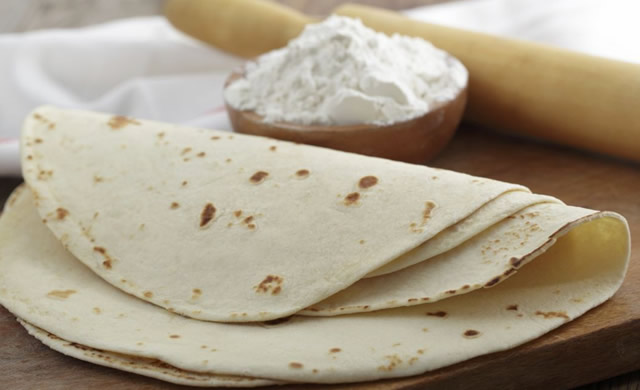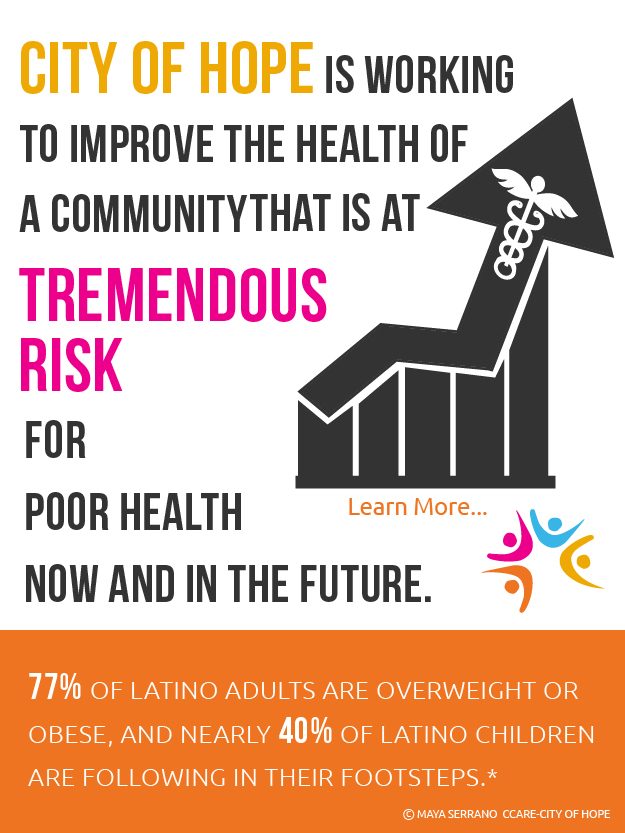
Tortillas: The First Bread of the Americas
01/23/2014 04:11PM | 24415 viewsWhen it comes to the original tortilla dating back to the Aztecs and the Maya, it was all about corn. Originally, tortillas were very healthy because they were made with just a few ingredients, such as native corn (dried whole kernel), and cooked with little to no fat. Today, tortillas are made from corn cooked in a lime-based solution or from corn flour dough. The versatile tortilla can be oven-baked, toasted, fried, or grilled.
Tortillas have become an industry; they are one of the fastest growing baking segments in America. Just like the bagel, English muffin, croissant, and pita bread, tortillas are part of many diets regardless of one’s cultural roots. What is your favorite kind, corn or flour? If flour, maybe you choose those with spinach, flax seed, or whole wheat. Tortillas can be a tasty food wrap, be toasted and topped with salad ingredients, or be served hot on the side.
Are tortillas healthy? The answer comes down to the ingredients and the manufacturing process. The less processed the tortilla, the healthier it is. Too many people focus on the calories and fat content of tortillas, but that doesn’t tell the whole story. Checking out the nutrition label is always your best resource. A comparison of corn and flour tortillas typically looks something like this:
Corn
60 calories, 1 g
fat, 2 g fiber, 1 g protein, 10 mg sodium
Flour
140 calories, 4 g
fat, 1 g fiber, 3 g protein, 290 mg sodium
Corn tortillas are lower in calories but are smaller than flour tortillas; portions and number of servings matter! Also keep in mind that flour tortillas have more protein but they have much more sodium than corn tortillas. For those following a gluten-free diet, know that all corn products (provided they are not mixed with wheat) do not contain gluten, which makes corn tortillas a great alternative to bread.
If given the choice, always choose the whole grain version over the refined, whether whole cornmeal flour or whole wheat flour. Whole grain is healthier because the refined flour milling process removes valuable nutrients such as antioxidant vitamin E, lignans, and fiber. In the context of an overall balanced diet, consuming 1-3 servings of whole grains a day can lower your risk of chronic illnesses such as cardiovascular disease and diabetes.
When cooking tortillas, it is better to minimize the use of fats. Don’t sacrifice flavor: you can brush on chicken or vegetable stock and skip the fat altogether. Whether you are a fan of corn or flour, be creative and enjoy.
Sources:
Tortilla Industry
Association (www.tortilla-info.com)
SELF Nutrition Data
(nutritiondata.self.com)
Whole Grains
Council (wholegrainscouncil.org)












Post your Comment
Please login or sign up to comment
Comments